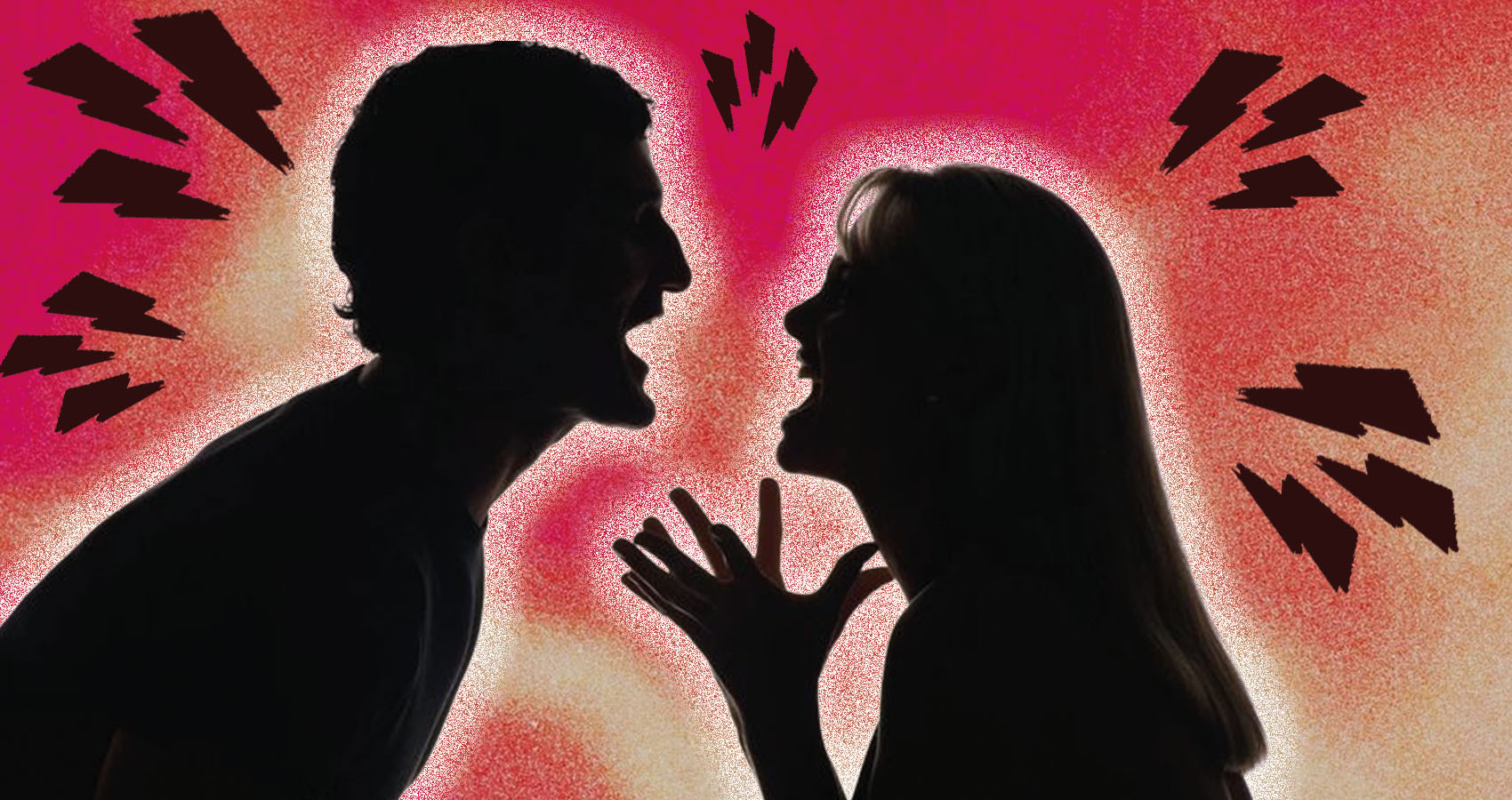
What Craving Drama Really Says About Your Dopamine Levels
Emotional intensity, reward pathways & addiction.
Dopamine is a chemical messenger in the brain that influences pleasure, motivation, and reward. It helps the brain recognize enjoyable activities and encourages repetition of those behaviors. Some people experience strong urges to seek out emotional drama, which can create intense feelings of excitement or distress. Emotional highs stimulate the brain’s reward pathways, similar to other addictive behaviors. Understanding this connection sheds light on why some individuals repeatedly find themselves drawn to conflict or intense situations. Exploring what craving drama really says about your dopamine levels can provide valuable insight into managing emotional health, motivate you to lead a healthier lifestyle, and improve overall well-being. Recognizing this link helps people better understand their reactions and make informed choices to support mental balance.
Drama Cravings Are More Than Just Personality Traits
Craving drama goes beyond just wanting attention or causing conflict. There are biological factors influencing why some people are drawn to emotional intensity. Dopamine surges in the brain create strong feelings of excitement during dramatic events. This chemical response encourages individuals to seek out similar experiences repeatedly. Drama acts like a dopamine “hit,” much like other stimuli such as food, social approval, or even risks.
These bursts of dopamine lead to emotional highs that can feel addictive. As a result, the craving for drama often reflects underlying brain chemistry rather than simply personality traits. Understanding this helps explain why some people gravitate toward conflict or chaos despite the negative consequences. Emotional drama reinforces behavior that maintains these dopamine spikes. This biological basis shows that drama-seeking is linked to more than just surface-level motives.
 Learn what craving drama really says about your dopamine levels and how they directly affect the feeling of happiness and satisfaction
Learn what craving drama really says about your dopamine levels and how they directly affect the feeling of happiness and satisfaction
A Surprising Connection Between Emotional Drama vs. Substance Cravings
Emotional drama cravings and substance cravings like those for cigarettes or alcohol may seem unrelated, but both activate the brain’s dopamine-driven reward system. This overlap highlights how cravings form neurologically, as similar neural pathways respond to both emotional and chemical stimuli. These dopamine surges reinforce behaviors, whether it’s seeking intense emotional experiences or consuming addictive substances. Both types of cravings share addiction-like qualities, involving repeated pursuit of temporary pleasure despite negative consequences.
The brain’s reward circuits respond similarly, making emotional drama just as compelling as substance use for some individuals. Understanding these connections reveals why breaking free from drama addiction can be as challenging as overcoming substance dependence. Recognizing this similarity opens new possibilities for addressing emotional health and designing effective addiction treatments that consider how deeply dopamine influences behavior. In short, emotional cravings and substance addictions emerge from related brain processes.
What Are Dopamine Levels and Why Do They Matter?
Dopamine is a neurotransmitter that helps transmit signals in the brain related to pleasure and motivation. It acts as a chemical messenger that encourages repeating behaviors that bring satisfaction. It affects mood by influencing feelings of happiness, energy, and focus. When these levels drop or become unbalanced, it can lead to stronger cravings and difficulties controlling impulses.
This imbalance may cause people to seek out intense experiences, including emotional drama, to boost dopamine temporarily. Daily emotional responses depend heavily on dopamine’s activity, shaping how people react to challenges. Fluctuations in dopamine influence motivation and decision-making, impacting overall behavior. Understanding this helps explain why some individuals feel drawn to certain patterns, such as thrill-seeking or conflict. It also offers insight into how brain chemistry affects emotional health and the choices people make.
The Dopamine Rollercoaster
Dopamine creates a cycle of craving that drives many behaviors, including the urge to seek drama. Emotional conflicts cause dopamine levels to spike briefly, producing intense feelings of excitement or stress. Then again, these highs are followed by dopamine crashes that leave a person craving the next surge. This rollercoaster effect encourages repeated drama-seeking as the brain tries to regain those rewarding sensations.
Neurologically, this pattern resembles how addictions form, where the brain’s reward system repeatedly chases fleeting pleasure. Drama triggers the same pathways that addictive substances do, reinforcing behavior even when it leads to harm. Above all, the temporary nature of dopamine spikes creates a loop of craving and relief that can feel hard to escape. Understanding this cycle clarifies why drama feels addictive and explains its persistence despite negative consequences.
 Drama becomes an addiction – it resembles a reward for the brain
Drama becomes an addiction – it resembles a reward for the brain
Psychological and Social Factors Amplifying Dopamine-Driven Drama Cravings
Stress and loneliness often increase dopamine-driven cravings for drama by creating emotional gaps that the brain tries to fill. Social environments can amplify these urges, especially when interactions involve conflict or heightened emotions. Flooding the brain with rapid dopamine hits from likes, comments, and shares, social media adds constant stimulation. Besides, the search for validation and social feedback strengthens drama patterns as people seek approval through emotional highs. These external influences affect brain chemistry by repeatedly triggering dopamine release, reinforcing the desire for intense experiences. In order to manage these cravings, recognizing how social factors interact with dopamine levels is important. Understanding this connection helps explain why drama persists in certain environments and suggests ways to reduce its grip by changing social habits and emotional responses.
Reduce Drama Cravings
You can reduce cravings for drama by promoting healthier brain function. A balanced diet rich in nutrients and regular exercise support steady dopamine, helping stabilize mood and reduce impulsive urges. Practicing mindfulness and meditation can improve emotional regulation, making it easier to resist drama-driven impulses. Building hobbies and meaningful relationships provide positive sources of dopamine that replace the need for emotional highs from conflict.
These healthier rewards encourage consistent brain chemistry without the crashes that fuel drama cravings. According to the American Psychological Association, 35% of adults say that working puts them in a better mood. Learning to manage stress and recognize emotional triggers helps break the cycle of seeking drama. Besides, professional support may be necessary if compulsive behaviors persist, as therapy or medication can assist in correcting dopamine imbalances. Addressing dopamine through lifestyle changes and guidance offers a path toward improved emotional balance and less dependence on drama for dopamine spikes.
 Staying physically active is a good way to reduce your need for unnecessary arguments
Staying physically active is a good way to reduce your need for unnecessary arguments
What Drama Cravings Teach Us About Our Brain Chemistry
Understanding what craving drama really says about your dopamine levels can explain why the feeling of craving is so hard to resist. These cravings reflect the brain’s search for reward and balance. In short, managing dopamine through healthy habits, therapy sessions, and awareness can reduce the urge for emotional highs. Recognizing this connection supports better emotional health and helps break the cycle of drama-driven behavior for lasting change.











